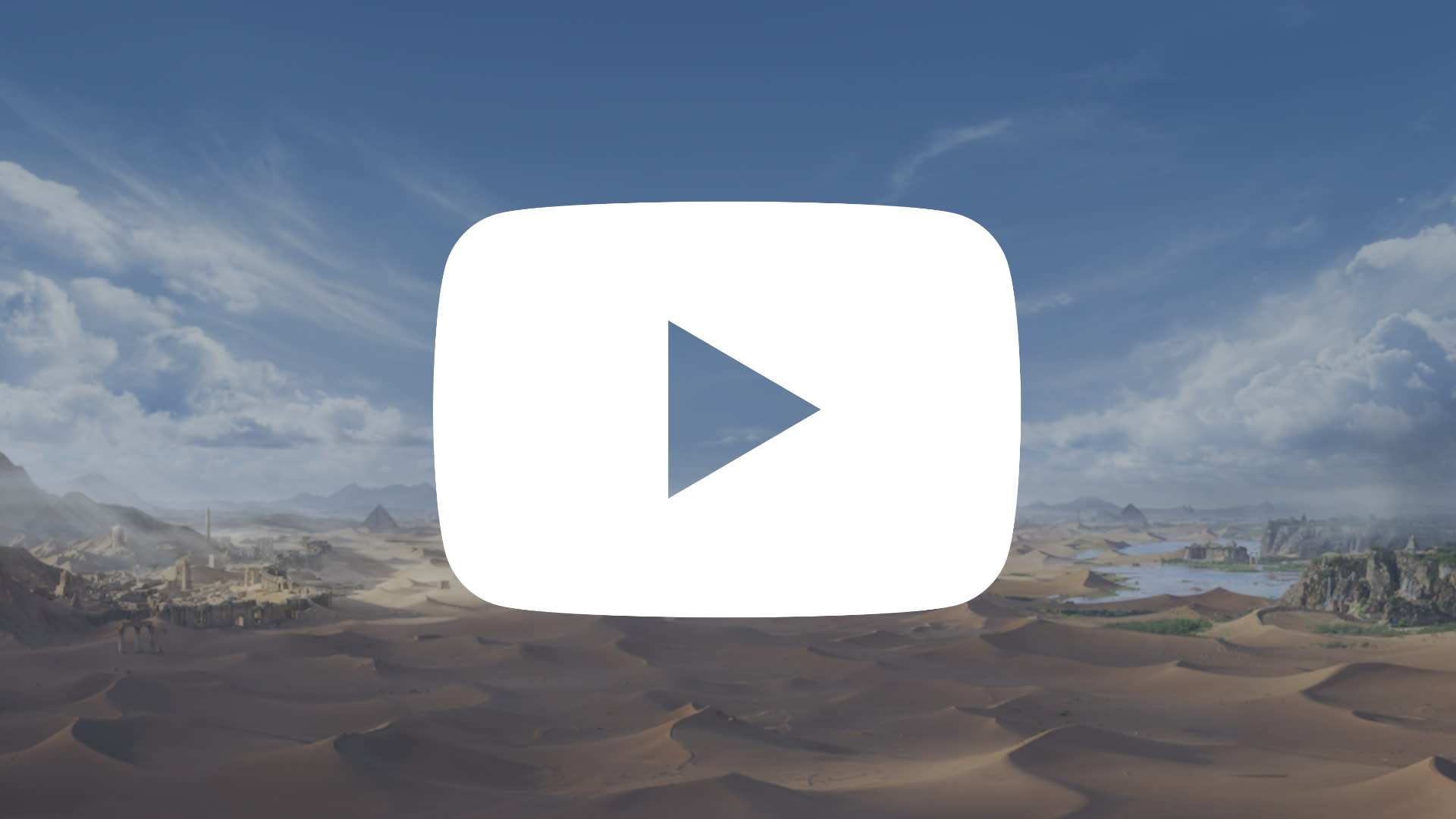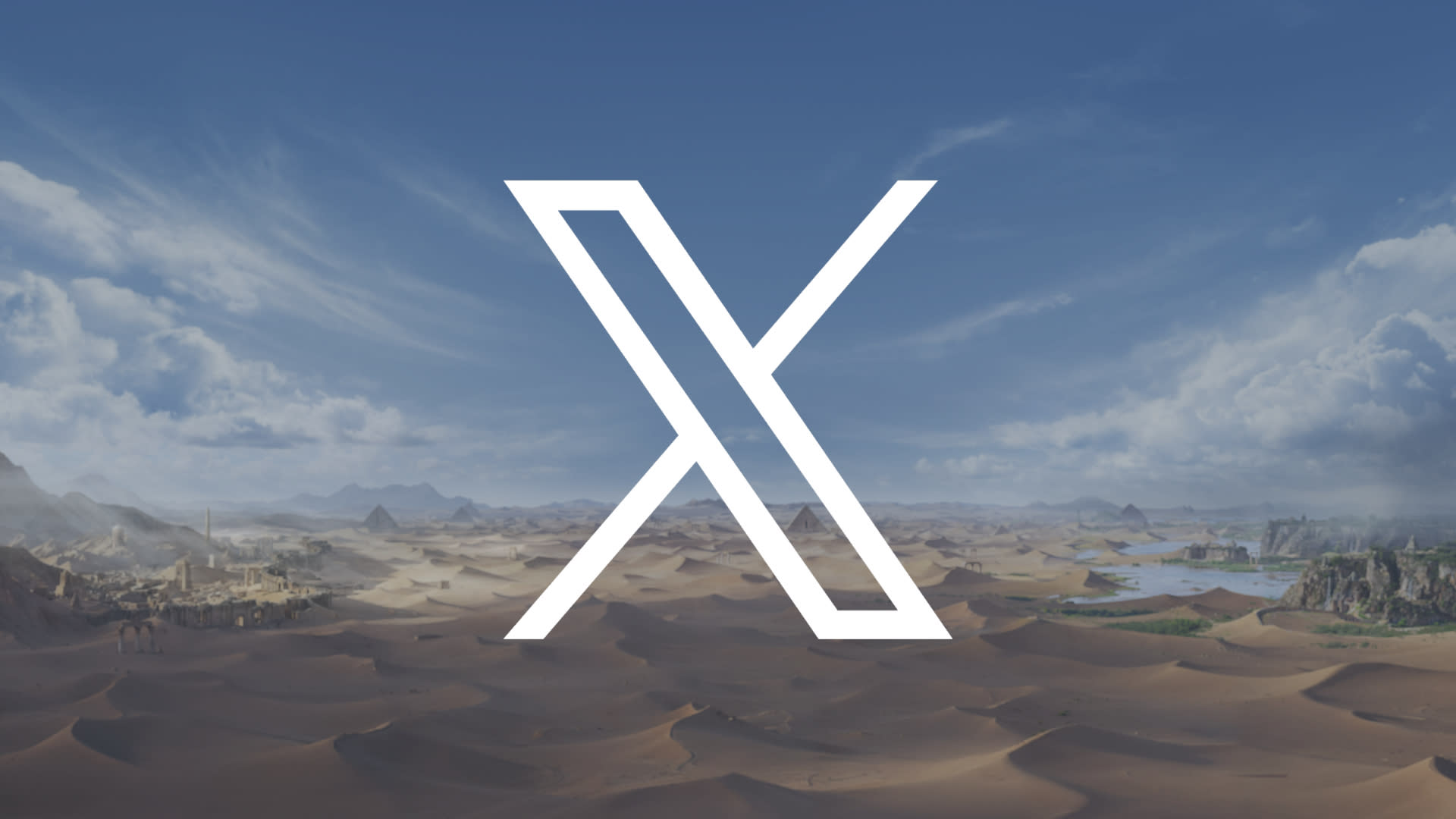

News & Updates
News & Updates
Developer Diary | Domains & Culture
Hello, everyone! Welcome to the next Developer Diary for Millennia. I am Ian Fischer of C Prompt Games and today we will cover Domains and Culture.
Domains
If you have been following Millennia, you know a theme of the design is the idea of player authorship. We are excited by the idea of the “what if?”, of getting to play with history from the perspective of “if I were there, I would have done this.” To support that, you’ll find less of things like predefined Nations with fixed bonuses in Millennia – designs that have you figuring out how to make your “character” work best with history. Instead, we steer more toward systems that give players tools to define their Nation over the course of a game – designs that let you decide how to grow your Nation in response to the direction history takes.
Domains are one of those systems.
There are six Domains: Government, Exploration, Warfare, Engineering, Diplomacy, and Arts. At the start, in the Age of Stone, the Government Domain is active for all Nations. The remaining Domains become active for a Nation as soon as they encounter them. For example, if you run into some Barbarians and get in a fight, you’ll open up the Warfare Domain. If you built a Lookout Tower, that will enable the Exploration Domain. When you encounter a Tribal Camp, you might find something that provides Engineering. (And so on.) Generally, all Domains are in play by the end of the third Age. Each Domain provides your Nation with related Domain Powers, tools that allow you to take actions involving the Domain. The range involved with each is broad – the Warfare Domain, for example, includes Domain Powers that represent preparedness, stored materials, leadership training, and martial spirit. There are a set of “standard” Domain Powers for every Domain. For example, every Nation gets an Exploration Domain Power that allows them to spawn a Scout. Additional Domain Powers become available over time. Depending on what Ages history moves through, you can end up with different Domain Powers – moving into the Age of Monuments (Variant Age) will grant unique Domain Powers you will not have if you progress into Age of Kings. Certain National Spirits also unlock Domain Powers, so different timelines and different decisions about how to grow a Nation will produce different capabilities.

Domain Powers are fueled by Domain XP of their type. The Exploration Domain Power that allows you to spawn a Scout costs some Exploration XP. XP is earned in a number of different ways. As mentioned, you can gain some from rewards like Tribal Camps and also from actions, such as Warfare XP being rewarded by getting into battles. Capital Buildings also supply Domain XP – a Town Center provides Government XP, a Barracks generates Warfare XP, a Market Square will bring in some Diplomacy XP. However, to really invest in a Domain and generate substantial amounts of XP, you generally need to look at Improvements and plan some of your economy around the direction you’re interested in – if you build Mines and Furnaces and send Ingots to a Weaponsmith, the weapons made provide Warfare XP. The intent of this is to allow Nations to take actions that align with their strategy and character. If I have built a lot of Market Squares and Great Halls, deployed numerous Envoys, and set up Improvements to get trade Goods like Tea, I will have a lot of Diplomacy XP and that will allow me to use more of the Diplomacy Domain Powers – my Nation will be characterized by its use of Diplomatic actions, more truces and trade and alliances. If instead I have built a lot of Workshops and my Mines and Forges are supplying Improvements like Toolsmiths, I’ll show signs of that National character through the Engineering Domain Powers – I’ll likely have more Outposts, more Improvements, higher level Towns. This arrangement helps Nations to “be more what they do.” If a neighboring Nation has been fighting since the start of the game, has Barracks in every Capital, and has extensive Goods chains dedicated to making Weapons, I can guess that they aren’t likely to be strong on Diplomacy or Arts. I can expect that their long experience with war, their investment in training, and their weapons industry is going to translate into a capable opponent on the battlefield – they will be able to use more Warfare Domain Powers than a less militant Nation.
Domains and National Spirits
To touch on a related element briefly, National Spirits are also associated with specific Domains. Selecting a National Spirit provides some income of their Domain (taking an Engineering Domain National Spirit will provide Engineering XP each turn) and the Ideals of a National Spirit have costs in their Domain. Additionally, any Domain Powers unlocked by Ideals in a National Spirit will have a cost in the same Domain (and any unique Improvements or Capital Buildings from a National Spirit will often provide ways to earn more of that Domain than usual). Overall, this means that there’s competition for the Domain points and a fair amount of space for thinking about how you use these different pieces.

Culture
Culture is a lot of fun…. Mechanically, you can think of Culture as a “super Domain.” But, thematically, Culture is the force behind major events in history, big turning points. As with the other Domains, you gain Culture from your actions in the game – if you construct Capital Buildings like Colosseum, set up Goods lines for Wine, deploy Artists, or control a dominant Religion, you will generate more Culture. Unlike other Domains, there are not Domain Powers with a variety of costs and you cannot use the Powers any time you can afford them. Instead, the Culture you generate fills your Culture Meter and, when you amass enough, you can pick from any of the Culture Powers available to you. Culture Powers are arranged by Domains – when you get your first Warfare XP, it opens up the Warfare Domain for you and also makes Warfare Domain Culture Powers available. As with other Domains, different Culture Powers can become available to you because of the Age the game moves into or because of the National Spirits you adopt. No matter where they come from, all Culture Powers are “big” – founding a religion, changing your government, calling a crusade, raising Armies, and advancing current research are all examples of Culture Powers. A lot of players will have an idea of how they intend to use Culture Powers as they advance through a game, but one of the places where Culture Powers really shine is when those plans go off the rails. Because the Culture Powers are more impactful than other Domain Powers, and because they provide a lot of flexibility, they can serve as powerful wildcards – things that can get you out of a jam you didn’t expect.

The arrangement used for the Culture system is intended to model cultural movements – things that might be seen as “zeitgeist”, as something more about the “mood” of a Nation at a specific point in history instead of the direct product of more tangible industry. Think of historical events like the push to settle the western portion of North America in the 1800s, the increase in raiding after the Germanic Iron Age, or the period of rapid technological advance sparked by the invention of the printing press. As such, a difference between how Culture works and the other Domains operate is that Culture has a connection to the size your Nation. Smaller Nations, with fewer people and less distance between them, have an easier time maintaining cohesion. Larger Nations, with more people and greater distances to cover, need more to stick together – they require an amount of Culture to offset their size. Hence, if your Nation has more Regions, you’ll spend more of the Culture you generate on keeping them together, and you’ll (likely) get Culture Powers less often. If you instead pursue more of a “tall” strategy and have a smaller number of more developed Regions, you’ll (likely) get Culture Powers more frequently.
Thanks!
Domains and Culture are two key systems in Millennia. Hopefully, you can envision some of the potential – they make for a lot of interesting strategies to explore and provide Millennia with strong replay value. We hope you have enjoyed this overview and look forward to the time (soon!) when you can try them out fully yourselves. Thanks again, and if you like what you have seen so far, please wishlist us!
Community






Millennia Newsletter
Sign up for our newsletter today and receive 7 exclusive Millennia artwork wallpapers along with the latest news and updates!
By subscribing, you agree to receive news and special offers from Paradox Interactive.